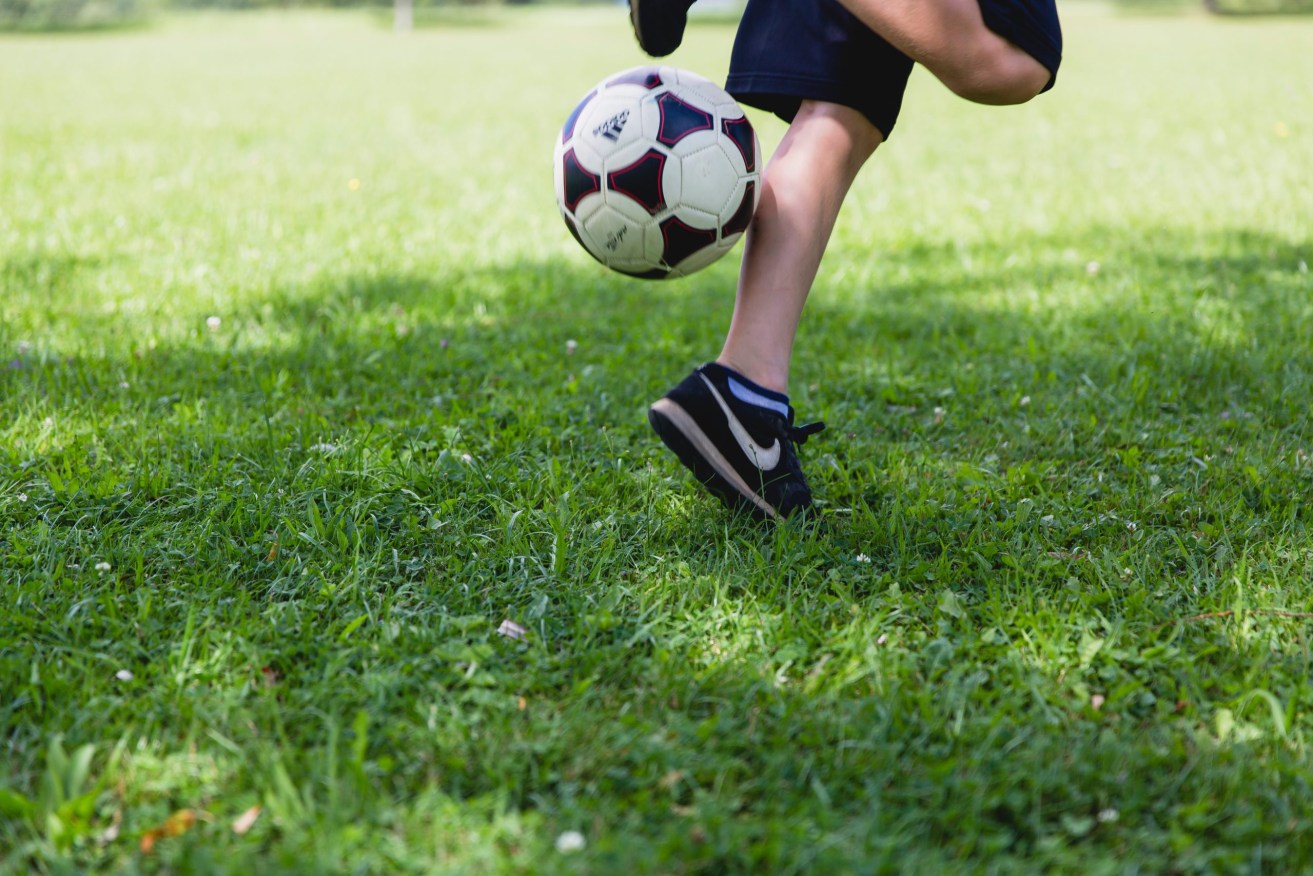School sport and activities back for classroom contacts
Children who are classroom contacts of COVID cases at school can now take part in extracurricular activities such as school sport, excursions and camps if they are symptom-free, under changes to isolation rules.


Photo: Markus Spiske/Pexels
The Education Department this week sent an update to schools, telling them that “SA Health has advised that classroom contacts can attend extracurricular activities, excursions and camps if they don’t have any symptoms”.
“Teachers or students should not go on camp or participate in other extracurricular activities if they are in a classroom where SA Health has required action beyond the testing, isolating and quarantine requirements,” the update says.
Classroom contacts are allowed to attend school unless they develop symptoms and test positive but in public schools have been restricted from participating in school-based extracurricular activities.
Schools are now communicating the updated information to parents, advising them of the relaxation in rules.
The advice from the Education Department was sent to schools on Monday, although information on the department’s website states that the relaxation in rules took effect from February 28.
In a statement, SA Health said it “provides guidance and advice for early childhood, primary and secondary schools on how to best manage COVID-19 in their school community”.
“This advice was updated on Monday 7 February 2022,” the statement said.
It comes as latest data from the Education Department shows that about 4000 public school students – 2.3 per cent of the total student population – were absent on Tuesday either with the virus or isolating as a close contact.
The department said 353 teachers and 189 school services officers were away for COVID-related reasons on Tuesday.
While rules have been relaxed for after-school activities, classroom contacts are still being told to avoid OSHC for seven days, according to the Education Department’s website.
For 14 days, they are advised to avoid high-risk settings or COVID Management Plan events, wear surgical masks around others where age appropriate outside the home, avoid contact with vulnerable people and avoid “non-essential” activities where possible such as with a lot of people inside in close contact.
Many schools have been forced to cancel camps because of ongoing restrictions.
One school has told families in an email this week that “there are a number of restrictions currently in place which would prohibit us from attending the camps we have planned”.
“We will advise families of the status of camps once a decision is made between the Department and SA Health,” it says.
“We will endeavour to reschedule any missed event where possible but no guarantees can be made.
“Additional camp operations in specific settings will be allowed from the start of week 7 following updated advice from SA Health.”
The notice says that in addition to day excursions and SACE-based camps, overnight camps can be held if they comply with the following:
- tent camping only (preferably single occupant, maximum 2 people)
- held entirely in outdoor natural environment – no indoor communal settings (such as dorms)
- single classes or entire year levels separated into class-sized groups
- sole occupancy of the campsite by the school or cohort where possible
- travel time not to exceed 2.5 hours.
Outdoor education operators have been lobbying for the relaxation of restrictions around camps and excursions, arguing they are safer in some instances than having children working closely together in classrooms.
“It’s nonsensical to say that you can have 1200 students in a school environment but you can’t have 20 students going for a bushwalk in Belair National Park,” Outdoors SA spokesperson Luke Duncan told InDaily last month.
The school notice sent to families from one school this week also gives an update on quarantine requirements for people who have had the virus.
“If you have recovered from COVID-19, you will not be considered a close contact for 8 weeks after testing positive,” it says.
“In education settings, this would apply to staff who are deemed a workplace close contact.
“If you develop new onset symptoms during this time you should seek testing.
“After 8 weeks, you will still be considered a close contact and need to quarantine and get tested.”




